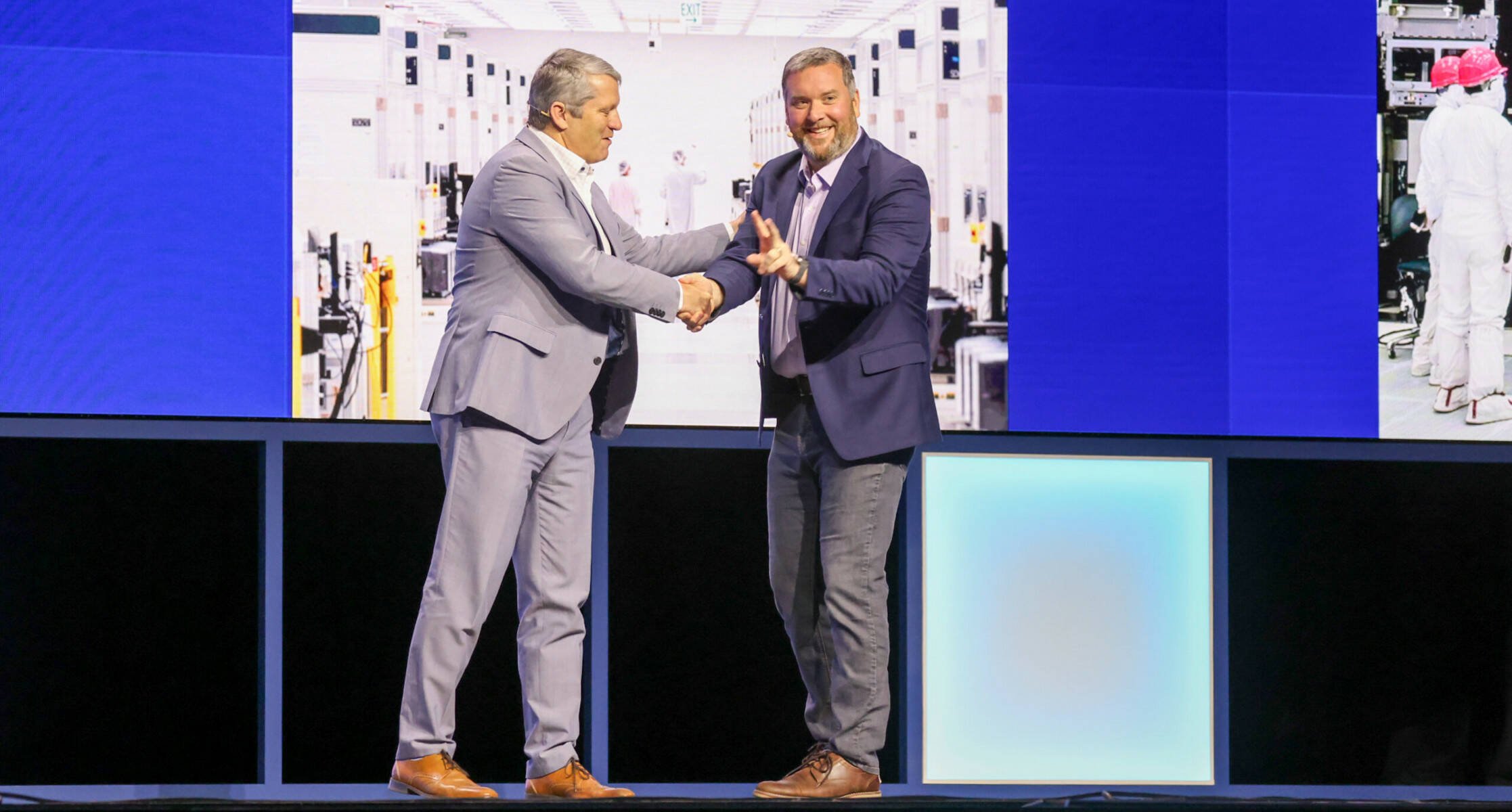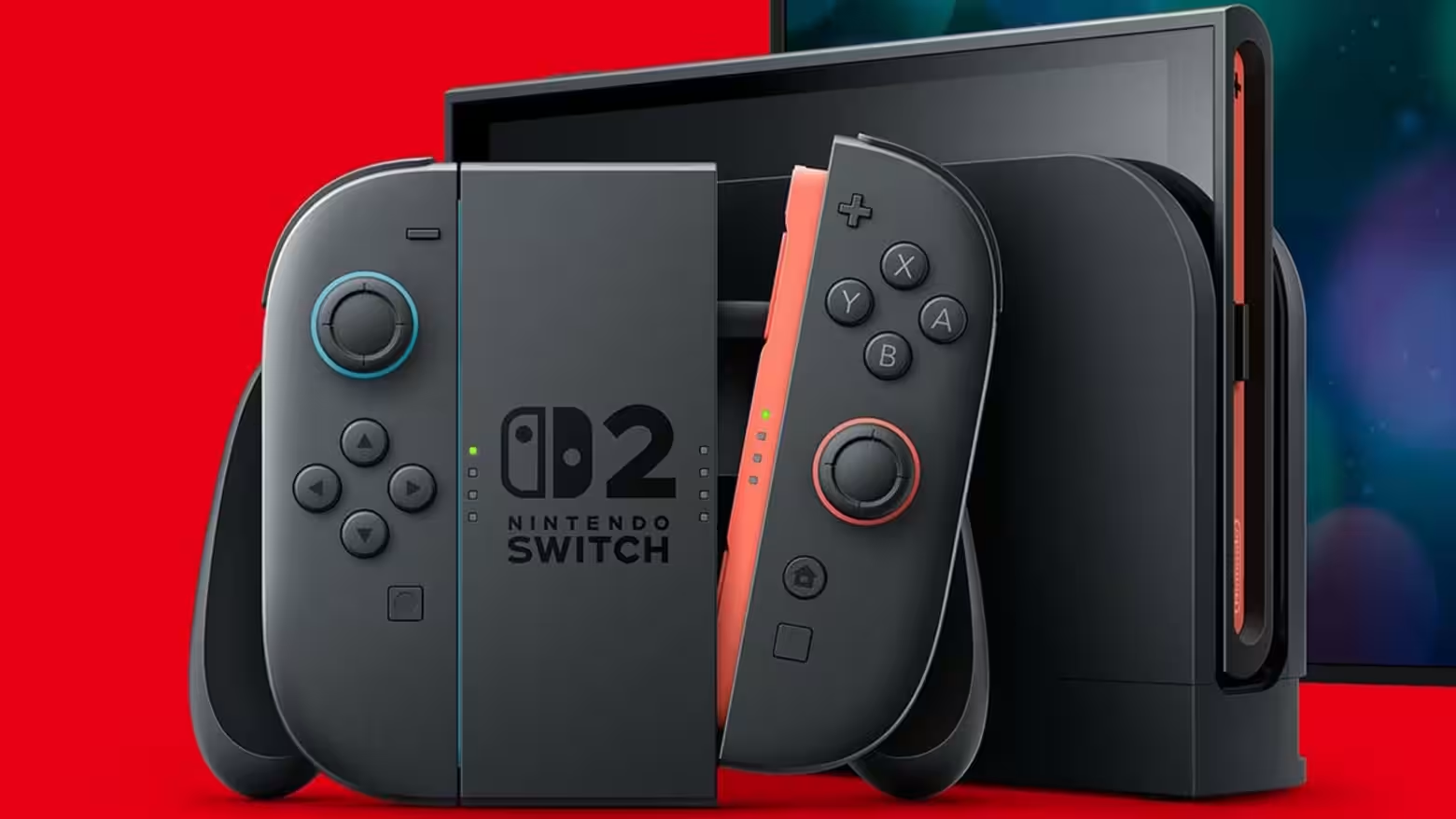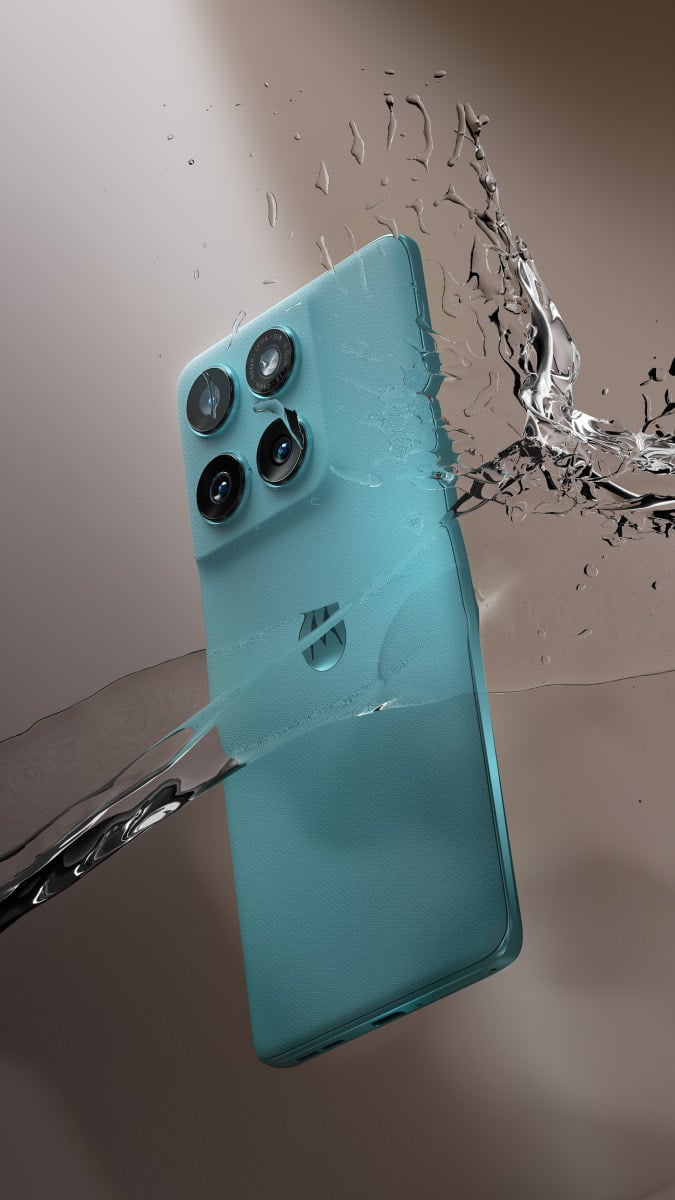
Vision Not even Intel's top brass know what's on newly minted CEO Lip-Bu Tan's chopping block. "We are refocusing on the core," Chief Commercial Officer Christoph Schell said on stage at the x86 giant's Vision event in Las Vegas on Tuesday. "Li-Bu, yesterday, even said that we might make decisions to spin off businesses that we consider as non-core.
He hasn't really told us yet what this means." He hasn't really told us yet what this means The admission came toward the end of a roughly an hour-and-a-half-long product strategy update that was dominated more by customer testimonials than anything resembling a road-map. The general lack of visibility no doubt comes from the uncertainty over what will make Tan's list of core businesses worth saving and which will be forcibly ejected as non-essential distractions.

"At Intel, we will redefine some of our strategy and then free up the bandwidth," the chief exec said during yesterday's Vision keynote . "Some of the non-core business, we will spin it off." Of course after just 14 days on the job, we'd wouldn't be surprised if Tan was still forming his opinions on what stays and what goes.
Intel has already spun off several business units including its Mobileye Autonomous vehicle division, and its Altera FPGA business that is now led by former Intel datacenter chief Sandra Rivera. There was even talk leading up to Tan's appointment as CEO last month of spinning off Foundry as a standalone business. That, however, seems unlikely as Tan has committed to both restoring trust in Intel's Products division and seeing out former CEO Pat Gelsinger's foundry ambitions.
"As we strengthen our Intel products, we are equally committed to build a great foundry," Tan said earlier this week. Holding on for dear life ..
. COO Christoph Schell, left, with Foundry boss Kevin O’Buckley at Vision. Source: Intel Speaking on Tuesday, SVP and GM of Intel Foundry Kevin O'Buckley offered a peek at Intel's progress commercializing its 18A process node, which is set to power the corporation's next-gen client processors, codenamed Panther Lake, and its first leading-edge node offered for contract manufacturing.
"I'm very happy today to use this forum to announce that based on the hardware that we've delivered to our customers, we're now ready to announce that we've entered into what we call the risk production phase," he said. This phase, he explained, is where foundry operators freeze development of the node and begin scaling up to for mass production. Intel is set to provide additional updates on its Foundry progress as its Direct Connect event later this month.
It's also clear Intel's x86 CPU business isn't going anywhere, either, in terms of being sold off, with execs continuing to beat the drum of AI PCs, and promising to extend those capabilities to the network edge. The neural-network processing units, aka NPUs, powering Intel's Lunar Lake processors already boast 48 TOPS worth of AI compute baked right into the chipset. Many of Intel's Xeons, meanwhile, come equipped with its Advanced Matrix Extensions (AMX) accelerators for machine-learning acceleration.
It's less clear what's going to happen to Habana Labs, the division behind Intel's Gaudi3 accelerators. While Intel execs touted several customer tie-ups surrounding the platform, even by Intel's own admission, the parts are competing against Nvidia H100s and H200s at a time when customers are cross shopping B200s and AMD MI300-series chips, which offer vastly higher performance, memory capacity, and bandwidth. Worse, with the cancellation of Falcon Shores, Gaudi3 is officially a dead-end platform.
With that said, in his keynote yesterday, Tan did make it clear that Intel wasn't out of the AI fight yet. But while x86 CPUs, AI PCs, and edge compute appear safe for now, that still leaves plenty of products in question. Tan, for his part, has made it clear that customer feedback will guide at least some of these decisions, which might explain the surplus of customer testimonials during Tuesday's presentation.
"Please be brutally honest with us," he said during his keynote yesterday. However, once armed with this feedback it'll be up to Tan which products are worth saving and which will be put out to pasture. ®.















